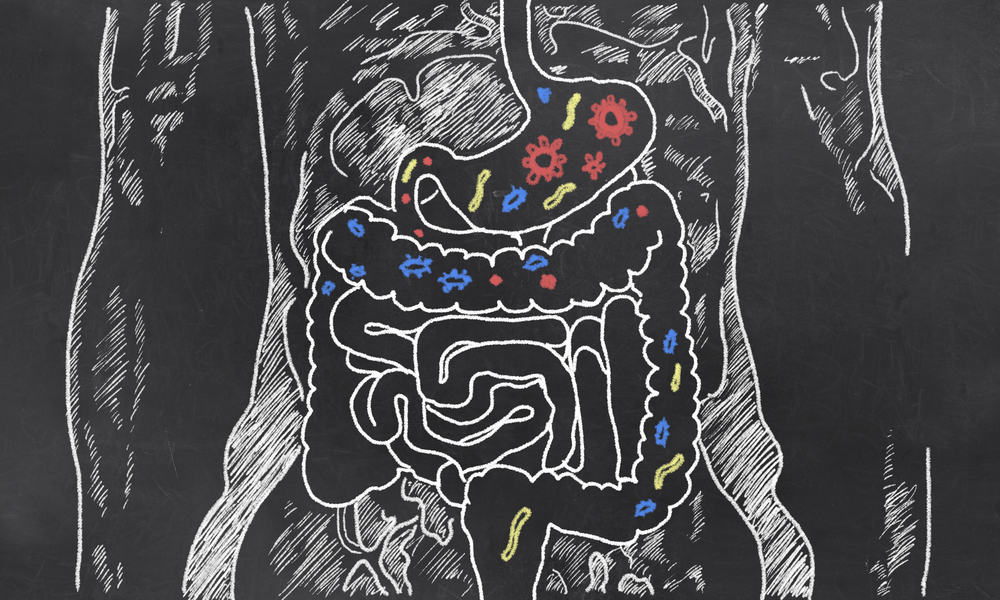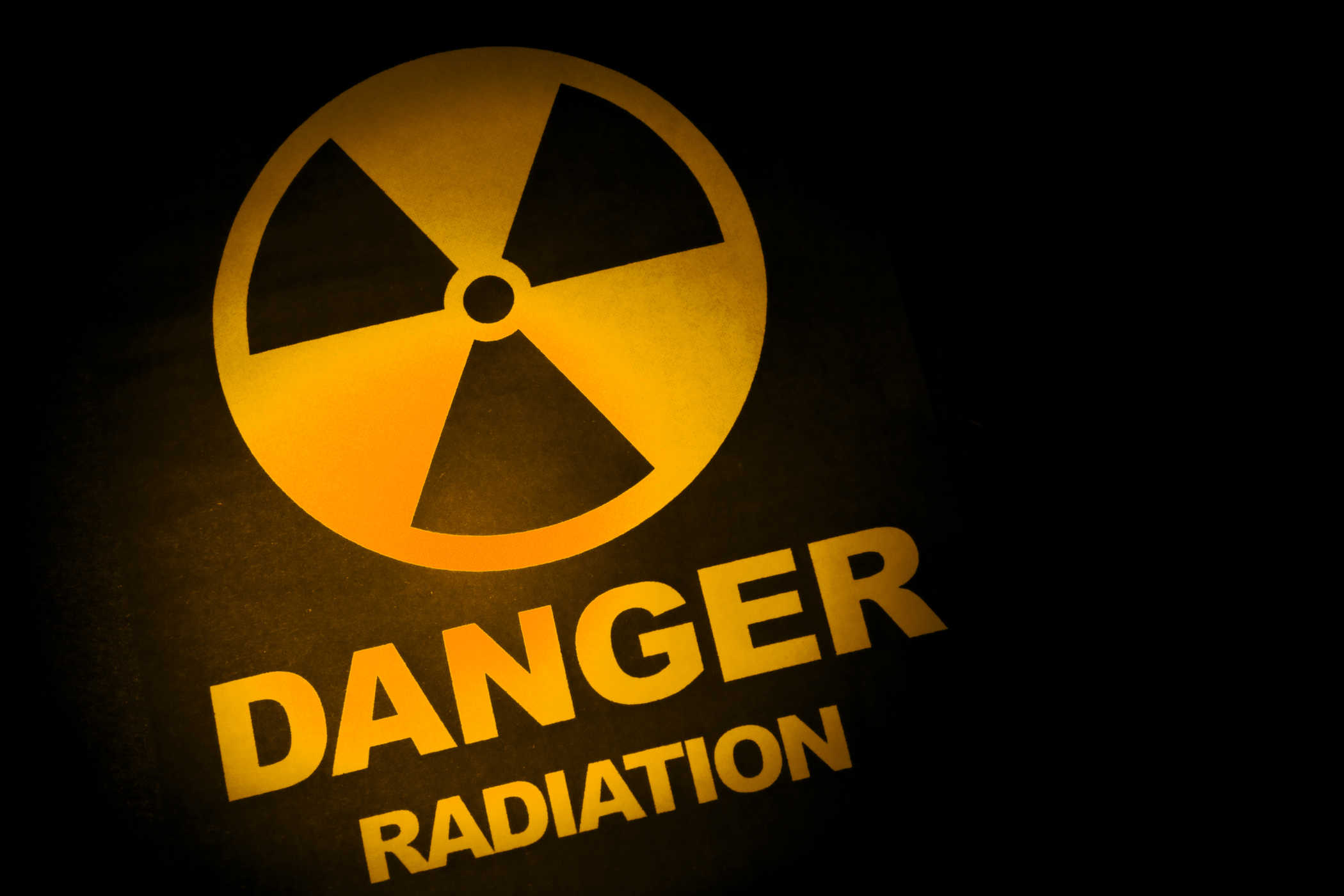Contents:
Medical Video: What is Lupus?
What comes to your mind when you hear the word 'lupus'? One of the Indonesian film titles that was famous in the 90s? Or did the disease suffered by Selena Gomez until she had to take a break for about one year? Reporting from the Lupus Foundation of America, lupus develops in the body at the age of about 15 to 44 years and 90 percent of patients diagnosed with positive lupus are women. What is lupus? Consider the following review.
What is lupus?
Lupus is a condition in which your body produces excess antibodies. Antibodies that should protect you from an attack of this disease, when in excessive amounts, just turn to attack your body. Even though the cells and tissues in your body are actually in a healthy condition. In other words, these antibodies no longer have the ability to distinguish which body tissue and which attack the body. Based on the type, lupus is differentiated into:
Discoid lupus erythematosus. Discoid types attack the skin exposed to sunlight without infecting vital organs in the body. This type of lupus attack causes inflammation of the affected skin.
Systemic lupus erythematosus. Systemic types of lupus actually invade vital organs in the body. so that the impact felt by someone with systemic lupus is more serious than the impact felt when exposed to the type of discoid.
What causes lupus?
Unfortunately, existing studies have not been able to reveal what causes these autoimmune diseases. Researchers still only predict that a combination of several factors can trigger this disease, such as:
Gender. As mentioned earlier, women are believed to be more susceptible to lupus than men. Higher levels of the hormone estrogen in a woman's body are believed to trigger this condition.
UV light. Exposure to sunlight, especially UV light, in addition to being believed to trigger lupus can also aggravate the symptoms that have been caused.
Use of certain drugs. Some of the treatments that have been indicated to be associated with attacks of lupus in the body include treatment of heart, thyroid, infection, and high blood pressure.
Psychological conditions that are under stress, exposure to mercury and silica and infection with herpes zoster virus are also predicted to be able to trigger a person suffering from lupus. But further research is still needed to prove these causative factors.
What are the symptoms of lupus?
Some people call lupus with 1,000 face disease. This is because lupus does not reveal typical symptoms. Symptoms vary and depend on which area of your body is attacked. But generally, the symptoms caused include:
- The emergence of a feeling of weakness is very very
- Fever
- Pain in the muscles and joints is great
- The appearance of a rash on the skin of the face and body
- Increased sensitivity of the skin to sun exposure
- Weight loss
- Difficulty breathing with pain in the chest
- Severe pain in the abdomen
- Convulsions
- Injuries to the nose, mouth and throat
- Hair loss.
Symptoms of lupus that can get worse but can also get better. You should immediately check your health if you experience symptoms as mentioned above. Moreover, the way it works is the opposite of antibodies capable of causing complications in other organs vital to your body if not treated immediately.












